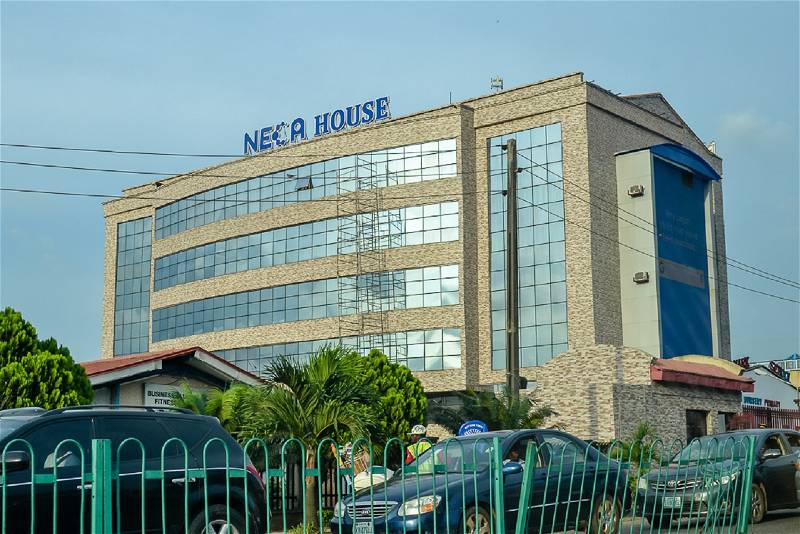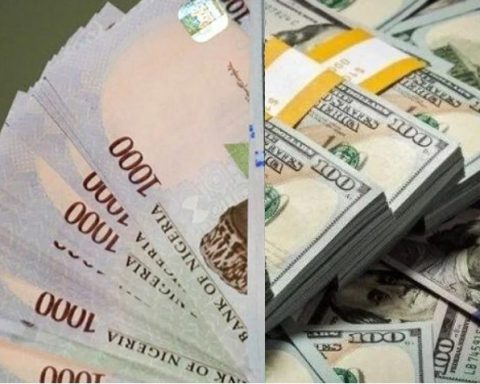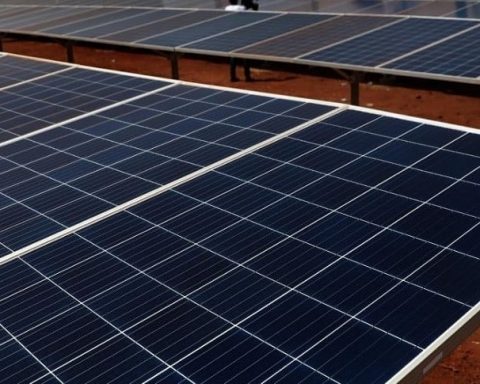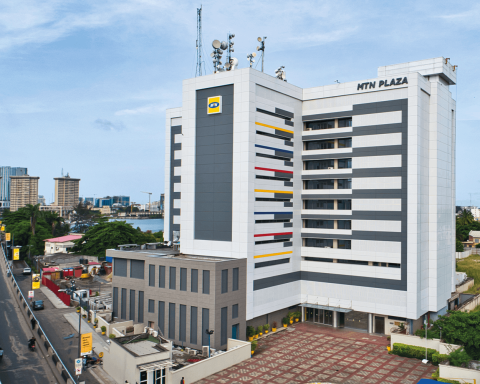Foreign investments in Nigerian startups dropped by 65.83 percent in 2023, marking a decline from $1.2 billion in 2022 to $410 million.
This considerable drop not only reshaped Nigeria’s standing but also resulted in the country conceding its top position in the continent’s startup investment landscape to Kenya.
According to ‘Africa: The Big Deal,’ an analysis of startup funding revealed Kenya emerging as the new leader, securing nearly $800 million in 2023. This took Nigeria to the fourth position, trailing behind Kenya, Egypt, and South Africa.
The research firm expressed concern over Nigeria’s drastic downturn, stating, “Nigeria experienced the most significant change in 2023. Despite still boasting the highest number of startups raising $100k or more, the total investment nosedived by two-thirds, falling from $1.2 billion in 2022 to $410 million in 2023.”
READ ALSO: Consul General Reveals Why African Startups Attract U.S. Investors
This decline further eroded Nigeria’s share of Western African funding, plummeting to 68 per cent, a steep drop from 85 per cent in 2021 and 77 per cent in 2022—the lowest regional share among the Big Four markets since 2019.
While Kenya experienced a 25 per cent decline, its ability to raise nearly $800 million secured its top spot in the continent’s funding ranking. Egypt, with the fewest number of startups raising $100k or more among the Big Four, managed to claim the second position due to Kenya and Nigeria’s collective decline, amassing $640 million.
READ ALSO: Why Foreign Investment Continues To Decline In Nigeria – KPMG
South Africa, maintaining its dominance with a 97 percent share of regional funding, was the sole Big Four member to witness a positive shift, experiencing an 8 percent year-on-year increase in total funding.
Overall, Africa experienced a 39 percent decline in startup funding, dropping to $2.9 billion in 2023, largely influenced by the setbacks witnessed in Nigeria’s startup investment landscape.

















